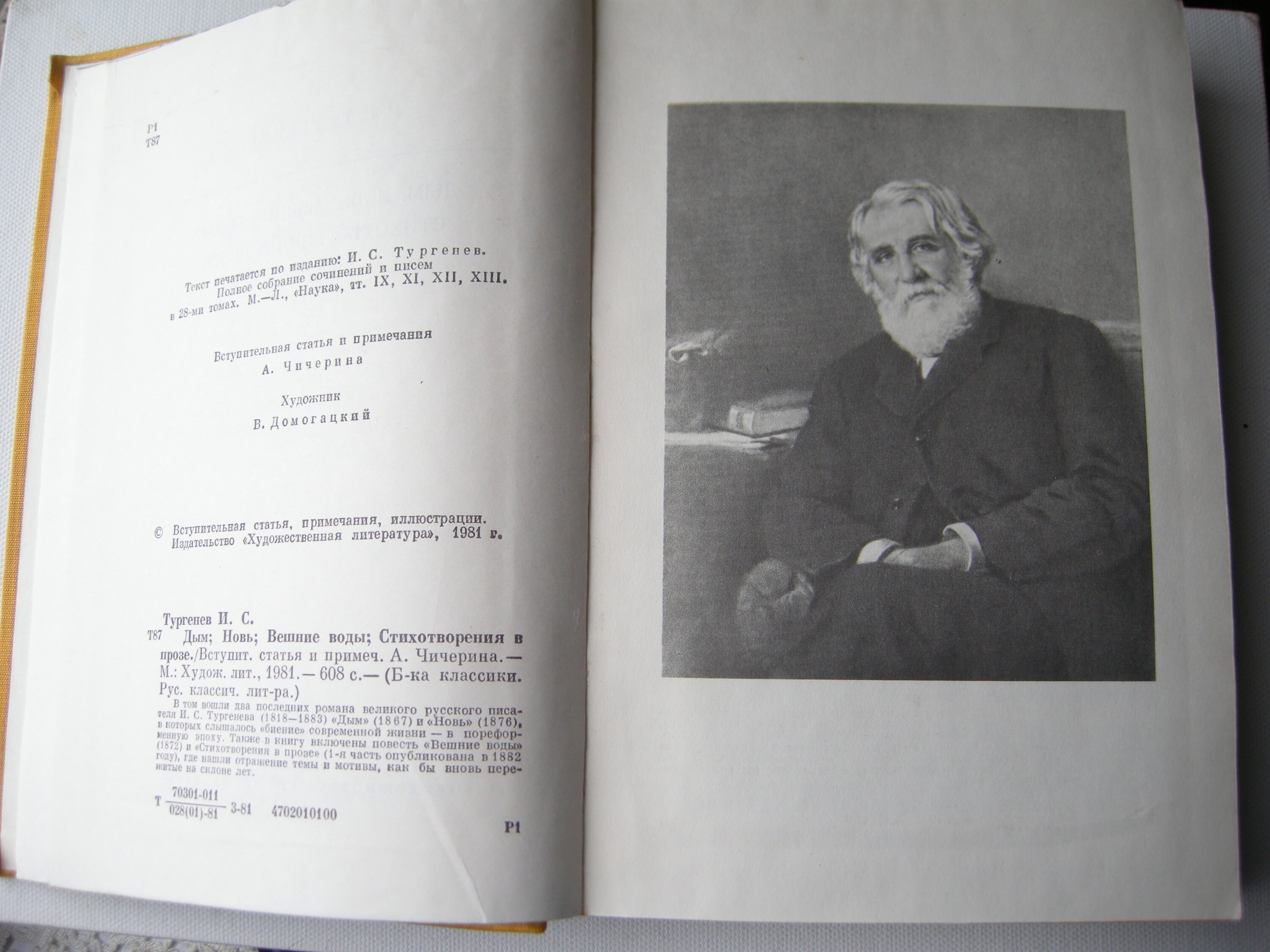

The two young men stay over at Marino for some weeks, then decide to visit a relative of Arkady's in a neighboring province. Arkady, however, is not troubled by the relationship: to the contrary, he openly celebrates the addition of a younger brother. To complicate this, the father has taken a servant, Fenechka, into his house to live with him and has already had a son by her, named Mitya. Nikolay has always tried to stay as current as possible, by doing things such as visiting his son at school so the two can stay as close as they are, but this in Nikolay's eyes has failed. Nikolay, initially delighted to have his son return home, slowly begins to feel uneasy, and a certain awkwardness in his regard, as it emerges that Arkady's views, much influenced by Bazarov, are radical and make his own beliefs feel dated. His father, Nikolay, gladly receives the two young men at his estate, called Marino, but Nikolay's brother, Pavel, soon becomes upset by the strange new philosophy called "nihilism" which the young men, especially Bazarov, advocate. It is one of the most acclaimed Russian novels of the 19th century.Īrkady Kirsanov has just graduated from the University of Petersburg and returns with a friend, Bazarov, to his father's modest estate in an outlying province of Russia. Fathers and Sons is an 1862 novel by Ivan Turgenev, published in Moscow by Grachev & Co.


 0 kommentar(er)
0 kommentar(er)
